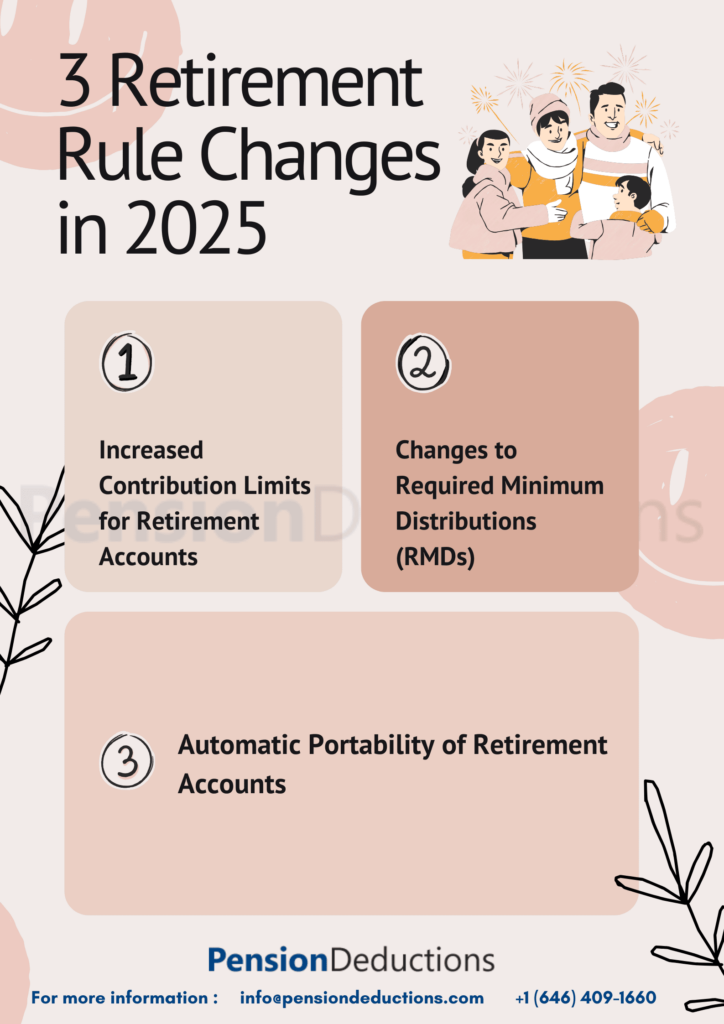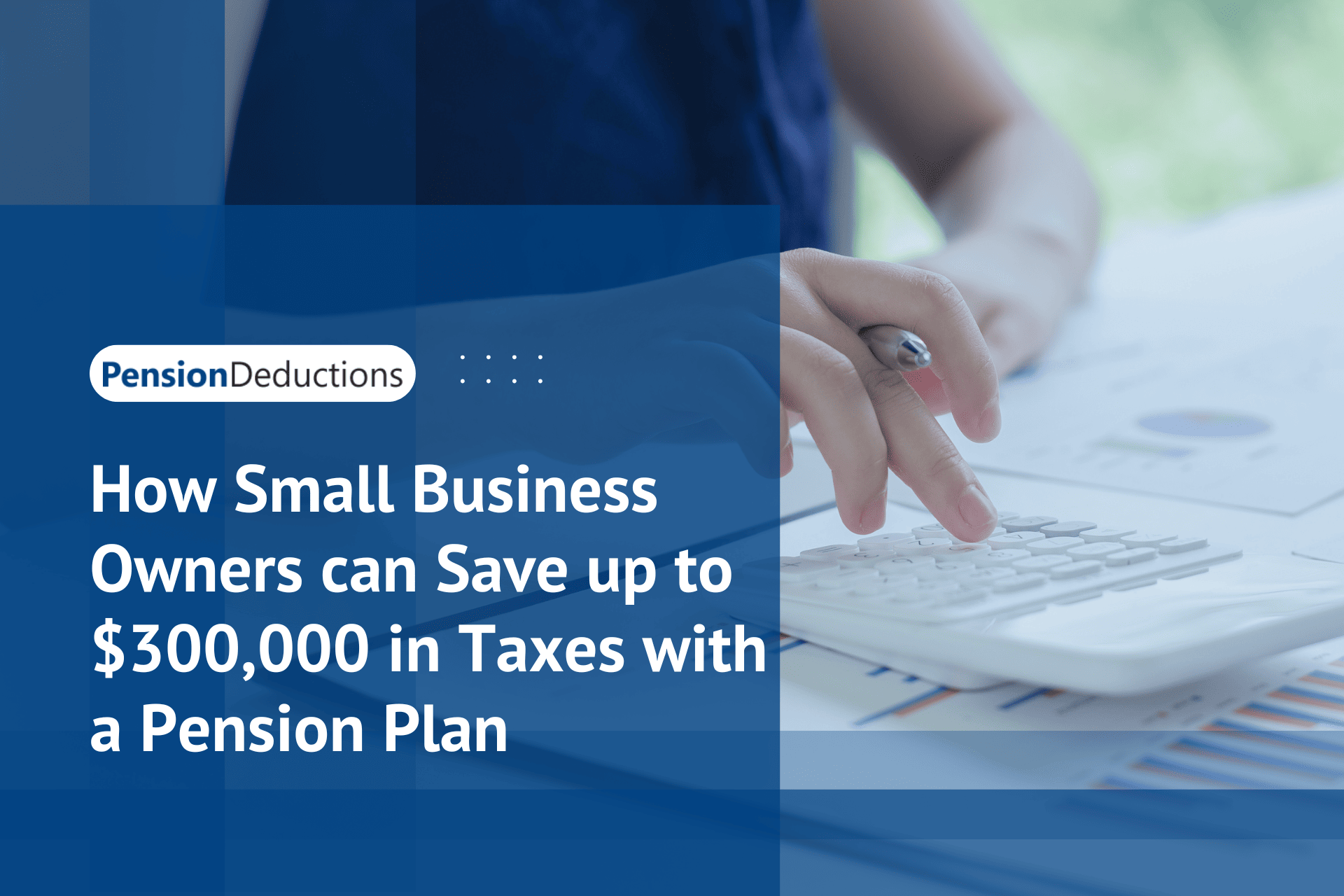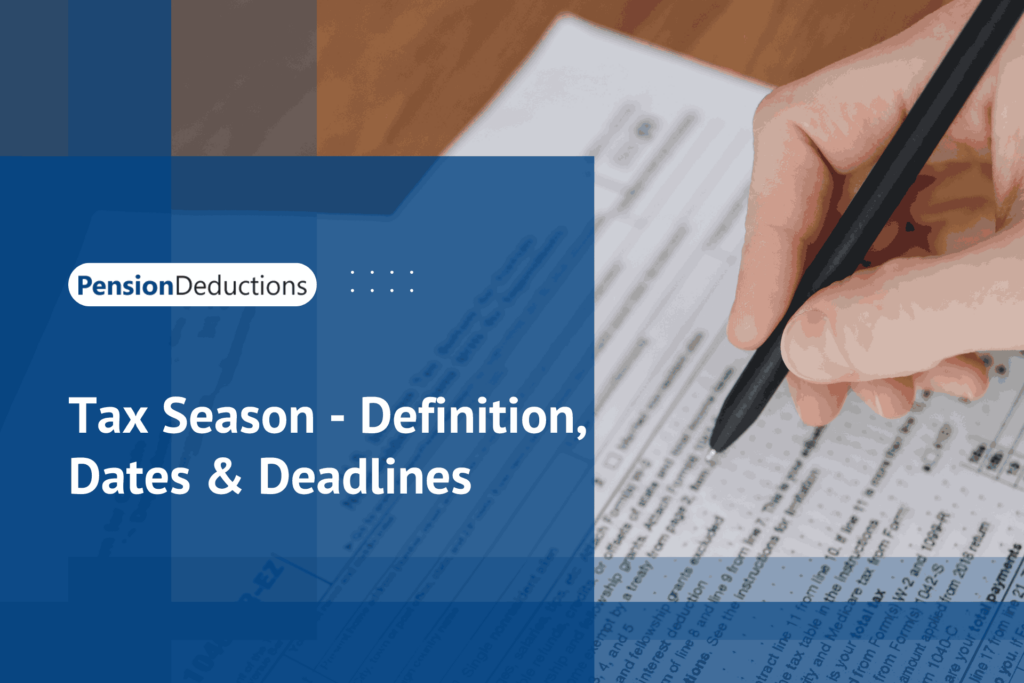Tax Season 2025
What is Tax Season?
The purpose of tax season is to ensure individuals and businesses report their income, claim deductions and credits, and pay any taxes owed. This filing helps governments collect revenue to fund public services and infrastructure.
When Does Tax Season Begin?
During this time, taxpayers can use various tools and resources to file their returns. These include professional tax preparers, tax software, and free filing options for eligible individuals.
Key Dates to Remember During Tax season 2025
Date | Event |
|---|---|
January 22, 2025 | IRS begins accepting and processing returns. |
February 15, 2025 | Deadline for employers to send W-2 forms. |
April 15, 2025 | Tax Day: Filing deadline for individual returns. |
October 15, 2025 | Extended deadline for late filers. |
What Is Tax Day?
For taxpayers who cannot meet the April deadline, the IRS allows extensions, typically lasting six months. This extended filing period shifts the deadline to October 15.
Essential Tax Documents
-
W-2 Forms
Issued by employers to report wages earned and taxes withheld.
-
1099 Forms
Used for income from freelance work, investments, or other sources.
-
W-2 Forms
Issued by employers to report wages earned and taxes withheld.
-
1099 Forms
Used for income from freelance work, investments, or other sources.
-
Form 1098
Reports mortgage interest payments for potential deductions.
-
Receipts for Deductions
Proof of expenses like medical bills or charitable donations.
-
Form 1098
Reports mortgage interest payments for potential deductions.
-
Receipts for Deductions
Proof of expenses like medical bills or charitable donations.
-
Social Security Numbers
Required for you, your spouse, and dependents.
-
Social Security Numbers
Required for you, your spouse, and dependents.
How to File Taxes
Filing taxes during tax season 2025 involves several steps
1. Gather Necessary Documents
2. Choose a Filing Method
Electronic Filing (e-filing):
Fast, accurate, and preferred by the IRS.
Paper Filing:
Requires mailing completed forms to the IRS.
3. Determine Filing Status
4. Calculate Deductions and Credits
5. Submit the Return
Common Tax Deductions and Credits
-
Standard Deduction
A fixed amount that varies based on filing status.
-
Itemized Deductions
For medical expenses, property taxes, and mortgage interest.
-
Standard Deduction
A fixed amount that varies based on filing status.
-
Itemized Deductions
For medical expenses, property taxes, and mortgage interest.
-
Earned Income Tax Credit
(EITC)Available for low- to moderate-income earners.
-
Child Tax Credit
Offers financial relief to parents or guardians.
-
Earned Income Tax Credit
(EITC)Available for low- to moderate-income earners.
-
Child Tax Credit
Offers financial relief to parents or guardians.
for your Tax Filings Today!
Tax Season Deadlines for Businesses
For businesses, the tax season 2025 involves additional deadlines:
-
Partnerships and
S CorporationsMust file Form 1065 or Form 1120S by March 15.
-
C Corporations
Use Form 1120, with a deadline on April 15.
-
Partnerships and
S CorporationsMust file Form 1065 or Form 1120S by March 15.
-
C Corporations
Use Form 1120, with a deadline on April 15.
-
Quarterly Estimated Taxes
Due on April 15, June 15, September 15, and January 15 of the following year.
-
Quarterly Estimated Taxes
Due on April 15, June 15, September 15, and January 15 of the following year.
What Happens if You Miss the Tax Deadline?
-
Late Filing Penalty
Typically 5% of the unpaid tax per month, up to 25%.
-
Late Payment Penalty
Generally 0.5% of the unpaid tax per month.
-
Late Filing Penalty
Typically 5% of the unpaid tax per month, up to 25%.
-
Late Payment Penalty
Generally 0.5% of the unpaid tax per month.
-
Interest Charges
Accrues daily on the outstanding balance.
-
Interest Charges
Accrues daily on the outstanding balance.
Tips for a Stress-Free Tax season 2025
• Use Tax Software: Platforms like TurboTax or H&R Block can streamline the filing process.
• Seek Professional Help: For complex situations, consult a CPA or tax preparer.
• Stay Organized: Keep records of past filings and receipts in a secure location.
• Monitor Tax Changes: Stay updated on any legislative changes that may affect your filing.
FAQs
Tax season ensures individuals and businesses report their income and pay taxes owed, funding essential public services.
Failing to file by the deadline can result in penalties and interest charges. Filing an extension may provide additional time.
Yes, the IRS Free File program allows eligible individuals to file their taxes online at no cost.
Refunds typically arrive within 21 days of filing electronically, though paper returns may take longer.
Yes, providing false information can result in penalties or an audit by the IRS.
You may not need to file if your income is below the minimum threshold, but filing may still be beneficial to claim refunds or credits.

Conclusion
Start early, stay organized, and seek help when needed to make tax season 2025 a smooth and successful experience.
SHARE THIS POST

Generation X and Retirement: Discover smart strategies to avoid costly mistakes and secure your future with effective financial planning.

Millions of retirees will see increased Social Security Benefits in April 2025 due to WEP and GPO eliminations—learn how it impacts you!

Discover the key differences between a Defined Benefit Plan vs 401k, and find the best pension plan for small business owners.

Learn how pension plans for small business owners can help save up to $300,000 annually in taxes with maximum deductions.


